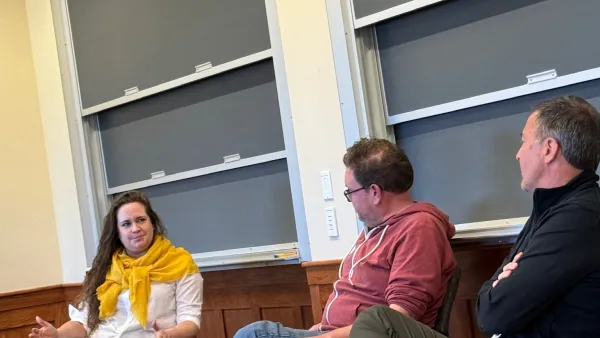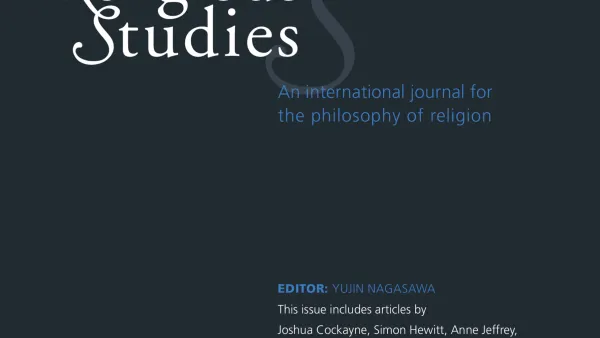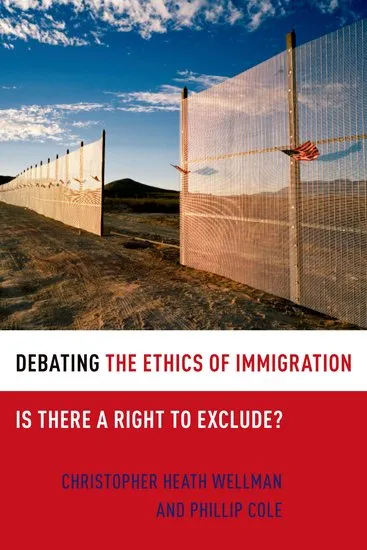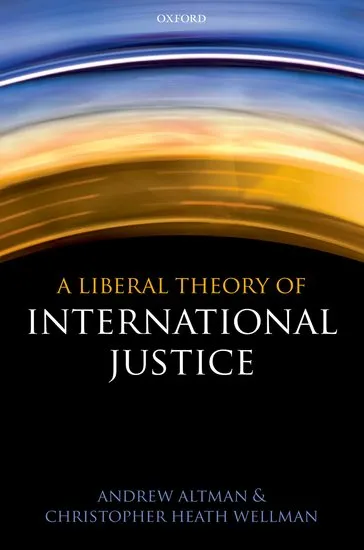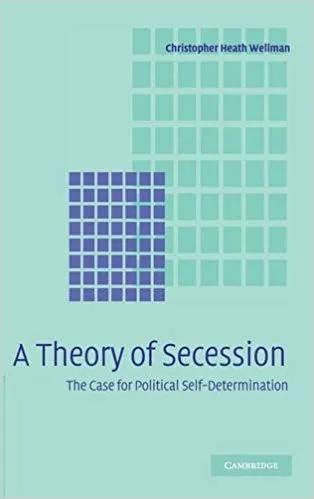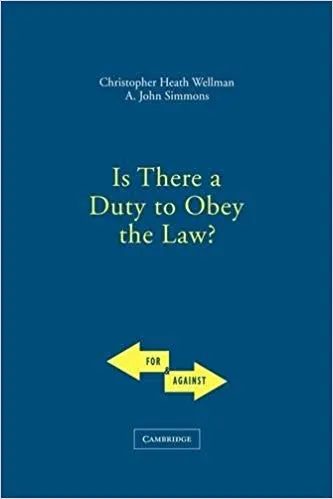Professor Wellman works in ethics, specializing in political and legal philosophy. He serves as chair of the education department and is dean of academic planning for Arts & Sciences.

Kit Wellman
- Ethics
- Political and Legal Philosophy
contact info:
- Email: kwellman@wustl.edu
- Phone: 314-935-7147
- Office: Wilson Hall 203
mailing address:
- Washington University
CB 1073
One Brookings Drive
St. Louis, MO 63130-4899
